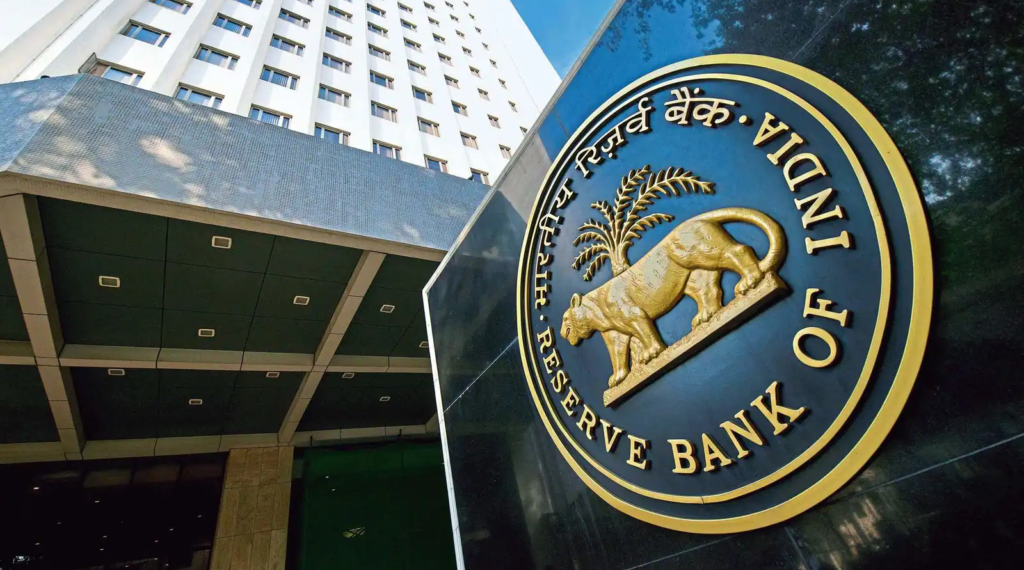In its June 2022 Financial Stability Report, released today by the Reserve Bank of India, the institution noted that cryptocurrencies had grown in popularity but emphasized that they could not be categorized as currencies or financial assets and have no fundamental value.
“Cryptocurrencies are not currencies as they do not have an issuer, they are not an instrument of debt or a financial asset and they do not have any intrinsic value”
Due to the dollarization of most assets, the RBI warned in the study that private cryptocurrencies could weaken the nation’s ability to oversee its money supply.
“Historically, private currencies have resulted in instability over time and, in the current context, result in ‘dollarisation,’ as they create parallel currency system(s), which can undermine sovereign control over the money supply, interest rates, and macroeconomic stability.”
Risks of cryptocurrencies
The bank also warned that the risks could continue to rise as the cryptocurrency ecosystem develops. In particular, the RBI claimed that financial stability brought on by cryptocurrencies threatens the gains made by developing countries in capital account regulation.
Private currencies produce rival currency systems that potentially jeopardize sovereign control over the money supply, interest rates, and macroeconomic stability.
Risks associated with decentralized finance (DeFi) and the absence of support for assets like Bitcoin have also been recognized. The RBI also sees the link between cryptocurrency and stock markets as a major danger.
Hence, the RBI emphasized that governments urgently need to regulate the emergence of cryptocurrencies. The bank claims lawmakers seeking to regulate cryptocurrencies should concentrate on cyber risk and financial concerns associated with climate change.
RBI’s skepticism about cryptocurrencies
The analysis supports the earlier skepticism of the RBI toward digital currencies, which it maintains endangers the nation’s financial industry. RBI officials expressed concern that the dollarization of the nation’s economy could result from the fact that most cryptocurrencies are denominated in dollars.
The RBI stated that it was considering launching a central bank digital currency (CBDC) to prevent the uptake of private cryptocurrencies. It also reported that various Banks were testing CBDC instruments.
As various nations conducted a study on CBDCs, the RBI advised that each country consider its risk mitigation when developing the digital currency.
Other concerns raised by RBI
RBI report also expressed concerns that the turmoil in crypto markets can spill over to conventional payment systems and real economic activities.
“Although the degree of cryptoization thus far appears limited, its growth circumvents restrictions on exchange rates and capital controls and limits the effectiveness of domestic monetary policy transmission, posing a threat to monetary sovereignty. Problems with these assets such as price crashes. could spill over to payment systems and adversely affect real economic activity.”


















